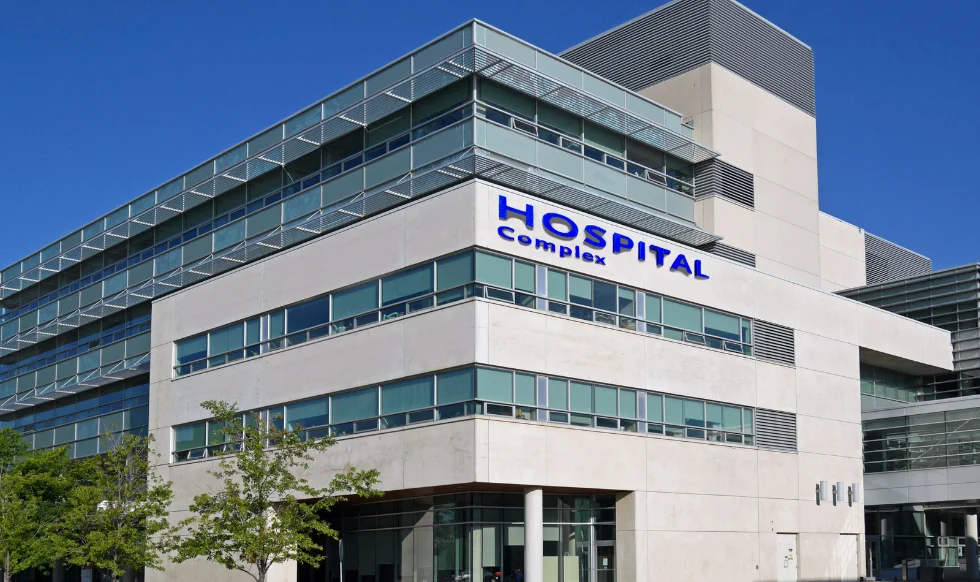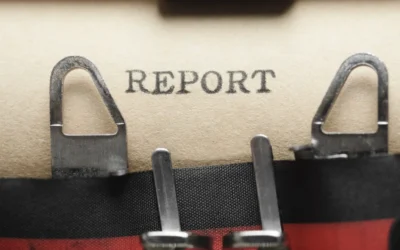After experiencing what seems like a minor car accident, it’s common to feel unsettled, uncertain, or caught off guard. You may not notice any pain right away or it might be starting to creep in.
This is a very common and valid question. Even minor crashes can lead to hidden injuries, delayed symptoms, or emotional distress. Right now, you need calm, clear guidance to help protect your health and your future.
1. Don’t Rely Only on How You Feel Right Now
After an accident, your body is likely running on adrenaline. That can mask pain and symptoms for hours or even days. Just because you feel “fine” doesn’t mean you aren’t injured.
Watch for delayed symptoms, including:
- Headaches
- Dizziness
- Neck or back pain
- Numbness or tingling
- Trouble concentrating or memory issues
- Abdominal pain or swelling
- Emotional changes (like anxiety, mood swings, or sleep problems)
Even a mild fender bender can cause soft tissue injuries, concussions, or internal trauma that only a medical professional can diagnose.
2. When You Should Definitely Go to the Hospital
Head to the emergency room or urgent care immediately if you:
- Hit your head or lost consciousness, even briefly
- Are feeling disoriented, dizzy, or nauseated
- Have neck, back, or abdominal pain
- Notice bruising or swelling, especially around the torso
- Have visible injuries, bleeding, or broken bones
- Feel chest pain or trouble breathing
If you’re unsure whether your symptoms are serious, it’s better to be safe and get checked out. Medical records from the hospital can also support any future insurance or legal claims.
3. If You Don’t Go Right Away, Monitor Yourself Closely
It’s okay if you didn’t go to the hospital immediately but that doesn’t mean you should skip care altogether.
What to do instead:
- See a doctor within 72 hours, even if you feel okay.
- Take notes on how you’re feeling and any new symptoms.
- Tell someone what happened so they can check on you later.
Florida laws also set time limits for seeking medical treatment after an accident if you may need to file an injury claim, so delaying care can impact your options.
4. Medical Care Now Can Prevent Bigger Issues Later
Many accident injuries, like whiplash or concussions, can become worse without treatment. Getting checked early allows doctors to catch small problems before they turn into chronic pain or long-term complications.
Plus, insurance adjusters often assume you weren’t hurt if you didn’t seek care. Seeing a doctor creates documentation that shows you took your injuries seriously.
5. What If You’re Helping Someone Else Who Was in a Crash?
If you’re reading this for a friend or loved one who was just in a minor accident, here’s how you can help:
- Encourage them to get checked out, even if they insist they’re fine.
- Offer to drive them to urgent care or help find a provider nearby.
- Help them document the accident and their symptoms.
- Stay alert for signs of concussion, internal injury, or emotional distress.
Sometimes people feel embarrassed or overwhelmed your calm support can make a huge difference.
You’re Not Alone Help Is Available
It’s okay if you’re feeling shaken, unsure, or overwhelmed. The aftermath of a car accident big or small can be confusing and stressful.
What matters now is taking care of yourself or your loved one. Doctors, nurses, and licensed attorneys are here to help you understand your injuries, your options, and your next steps. You don’t have to figure this out on your own.
Take the Next Step: Connect with Compassionate Help Through Hurt Aid
Hurt Aid can connect you with trusted Florida medical providers and licensed attorneys who understand what you’re going through. We’re here to support your recovery and clarity physically, emotionally, and legally.
Whether you’re seeking treatment, documentation, or just peace of mind, getting help now can make all the difference later.





